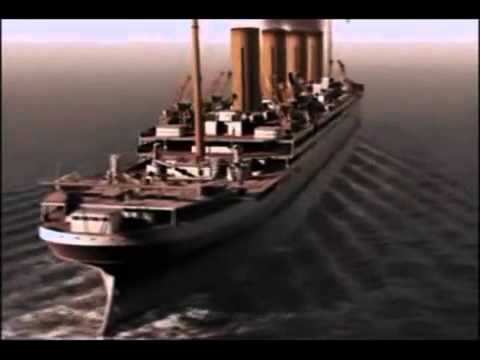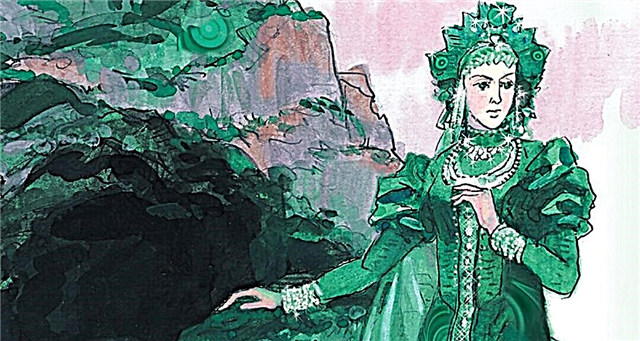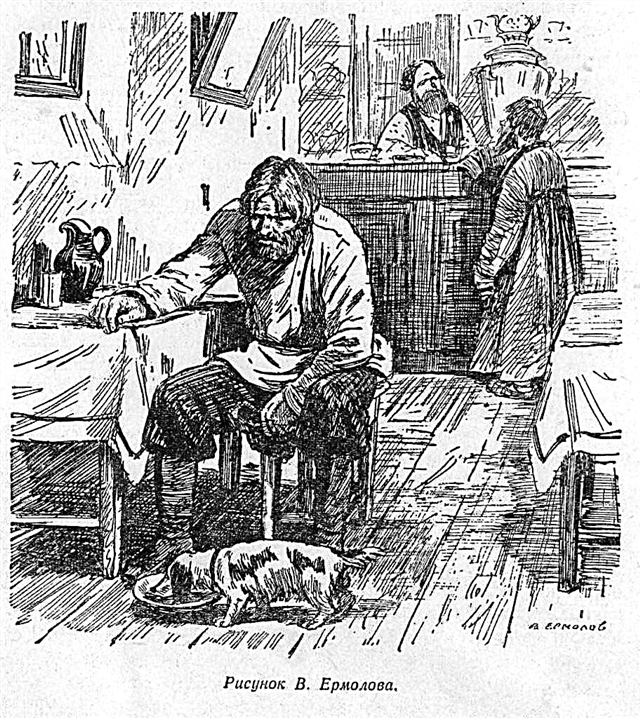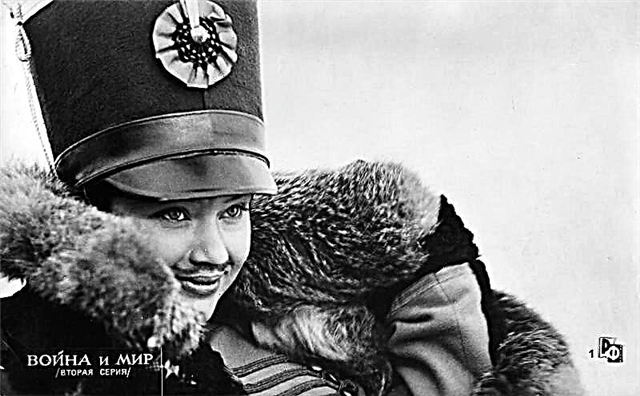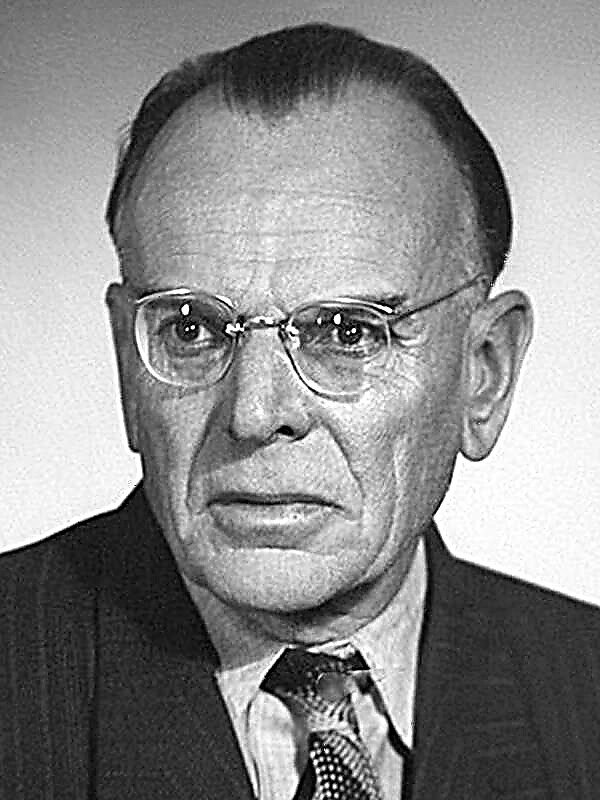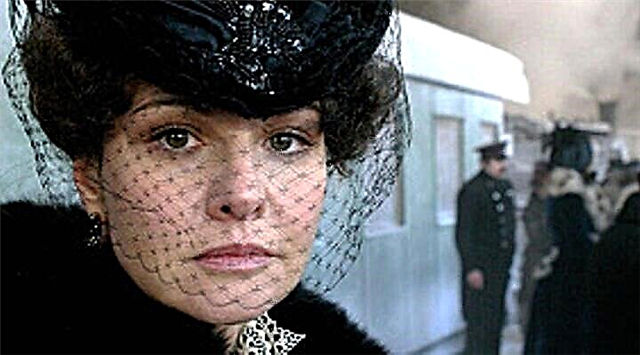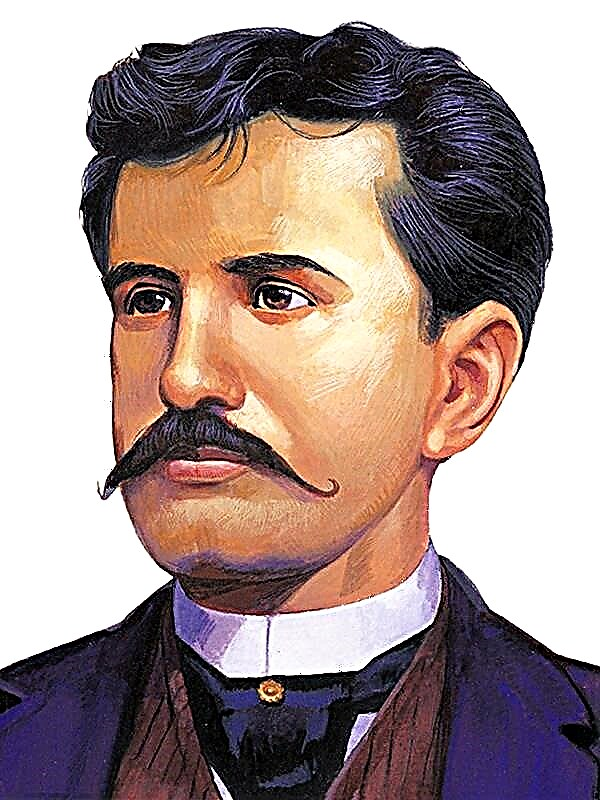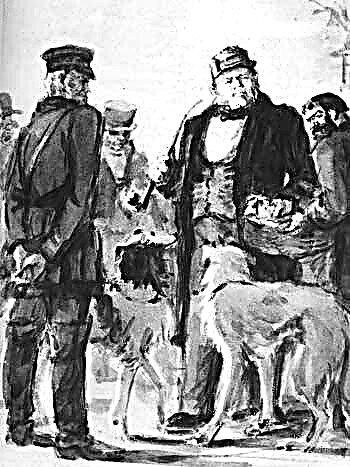In this article, we have selected relevant and common problems related to patriotism from texts for preparing for the exam in the Russian language. The arguments we found in Russian literature meet all the criteria for evaluating the work in the exam. For convenience, you can download all these examples in table format at the end of the article.
True and false love for the motherland
- «MindRussia not understand, you can’t measure a common arshin: it’s special to become one - you can only trust in Russia, ”F. And Tyutchev speaks about his homeland. Although the poet lived a long time abroad, he always loved and yearned for the Russian way of life. He liked the vividness of character, the liveliness of mind and the unpredictability of compatriots, because he considered Europeans to be too measured and even slightly boring in character. The author is convinced that Russia has its own path, that it will not get bogged down in “philistine aspirations”, but will grow spiritually, and it is this spirituality that will set it apart in a number of other countries.
- M. Tsvetaeva had a difficult relationship with her homeland, she always wanted to return, sometimes felt insulted to her native land. In the poem "Homesickness…" there is an increasing tension, which sometimes turns to a scream. The heroine feels powerless due to the fact that there is no one to listen to her. But the exclamations cease when Tsvetaeva suddenly recalls the main symbol of Russia - mountain ash. Only in the end do we feel how great her love is, love in spite of everything and no matter what. She just is.
- The juxtaposition of true and false love we see in the epic novel Leo Tolstoy "War and Peace." At first, Andrei Bolkonsky goes to war only because he was "bored with social life", his wife was tired, he even advised Pierre "not to marry." He is attracted by titles and honor, for which he is ready for great sacrifices. But that Andrei whom we meet on his deathbed is completely different. He was changed by the Battle of Austerlitz, in which his eyes were riveted on the sky, his beauty and the beauty of nature, which he did not seem to see. Against this background, Napoleon, who noticed the wounded Andrey, seemed so insignificant, and the ranks seemed useless and low. At that moment, the hero realized what value life and his homeland and abandoned family have for him now. He realized that true patriotism is not manifested in the search for glory, but in a quiet and modest service.
Military patriotism
- Military lyrics are close to the Russian soul, it was born so that people could not lose heart in the most difficult times for the Motherland. Therefore, there is such a popular favorite as "Vasily Terkin", the hero of the eponymous poem A.T. Twardowski. He is a collective image of a dashing soldier. His jokes and sayings are encouraging, but sometimes our protagonist loses spiritual strength. He yearns for “evenings” and “girls”, for simple human joys like “tobacco pouch”, which he lost somewhere. And most importantly, he is brave, he does not give in even in the face of death itself. This work serves the reader both in wartime and in peace, recalling simple values and great love for the place that we call homeland.
- Lyrics of Konstantin Simonov makes us completely immerse ourselves in the war years, she conveys in plain human language the most terrible details of the war. For example, the work “Do you remember, Alyosha?” Is very revealing, where we become witnesses of the military devastation of the “village, village, village with graveyards”, prayers and tears of people who lost the most valuable thing in their life. The poem concludes with a loud and proud admission: "I was nevertheless glad, for the most bitter, for the Russian land where I was born." And we feel this pride along with the lyrical hero.
- Another poem Konstantin Simonov - “Kill him!” - speaks of the despair of a loving heart, of his revenge for trampled shrines. It is quite difficult to understand and perceive. In it, the author tells that if we want to see a peaceful sky above us, if we are “mother dear”, “if you have not forgotten your father”, then you need to kill. Without pity. It is necessary to avenge what is happening in the home. “So kill him as soon as you see him, how many times and kill him.”
Love of nature
- In the lyrics of Yesenin nature and homeland were inseparable, both of these objects in harmony constituted his great love. S. A. Yesenin said: "My lyrics are alive with one great love - love for the Motherland." In his works, he often confesses her love to her. And he dreams of "Ryazan sky" in the poem "I have never been so tired." In it, the author talks about his tiredness from life, but he hurries to add: “But I still relate with a bow to the fields that I once loved.” The poet’s love for Russia is a shrill and incomparable song. This is not just a feeling, but his peculiar philosophy of life.
- In a poem by S. Yesenin "Goy you, Russia, my dear" they offer the lyric hero: "Throw you Russia, live in paradise!" These words express the whole thrill of the attitude of a Russian person to his homeland, which has never been distinguished by the light conditions of life and work. And yet he chooses his lot, does not grumble and does not seek someone else's. Also in the poem are parallel descriptions of domestic nature: "huts in vestments, images"; “I’ll run along the crumpled stitch, to the loose of green Lech.” Yesenin is the most devoted fan of his native land. It is about the years spent in the village that he recalls as the happiest and most serene. Rural landscapes, romance, lifestyle - all this is beloved by the author.
Patriotism against all odds
- Many lovers of Russian literature know the lines of M. Yu. Lermontov: “Goodbye, unwashed Russia... " Some even misinterpret them. But, in my opinion, this is just a gesture, almost bordering on despair. The resentment that seethed and spilled out with a short and easy “goodbye!” Although he is defeated by the system, he is not broken in spirit. In fact, the author in this work says goodbye not to Russia itself and not to its inhabitants, but to the state system and orders, which are unacceptable to Lermontov. But we feel the pain that parting causes him. We feel the anger that burns in the heart of a true patriot who is worried about his country. This is true love for the motherland, characterized by a desire to change it for the better.
- A. Block in the poem "Russia"Characterizes the fatherland as follows:" impoverished Russia "," gray huts "," slack ruts ". Blok was able not only to admire his country, but also showed the problems existing in it. The author is so worried about the fate of his homeland that even “scolding” it and talking about troubles and sorrows, he admires “beautiful features” and “robber beauty”. We see how much Blok is immersed in this blind love, because he loves Russia and the beggar, and immersed in darkness, and in tears, it does not matter - he is in love with her.

